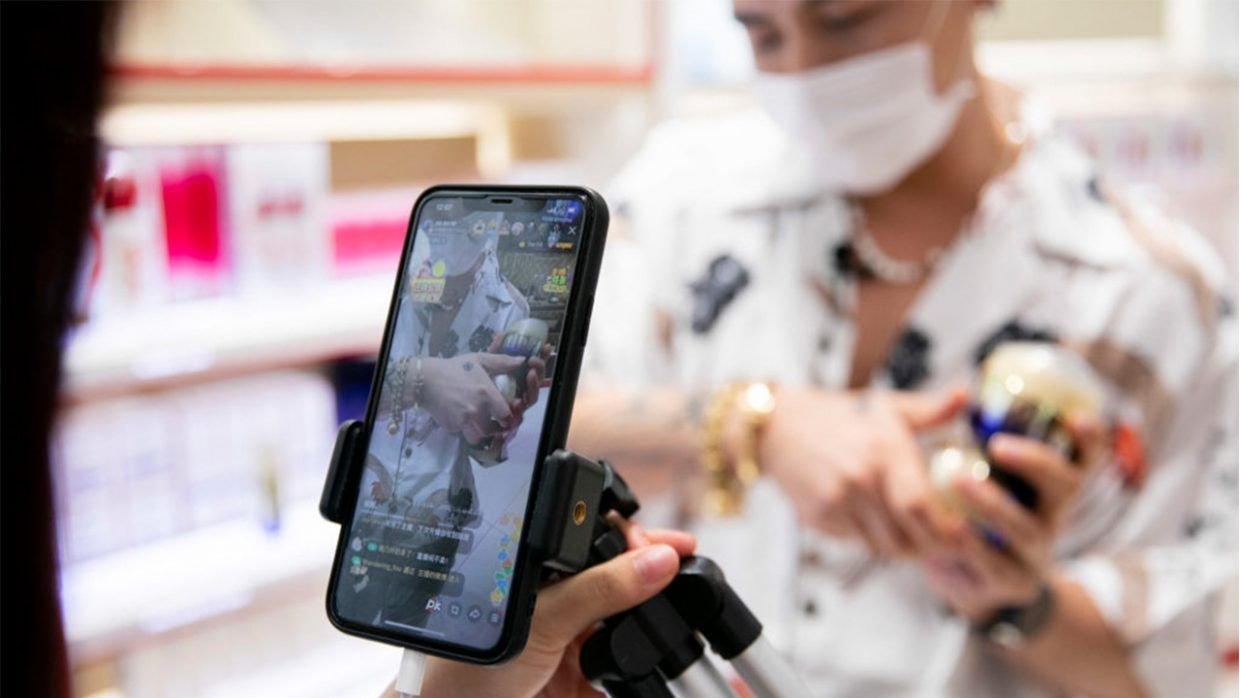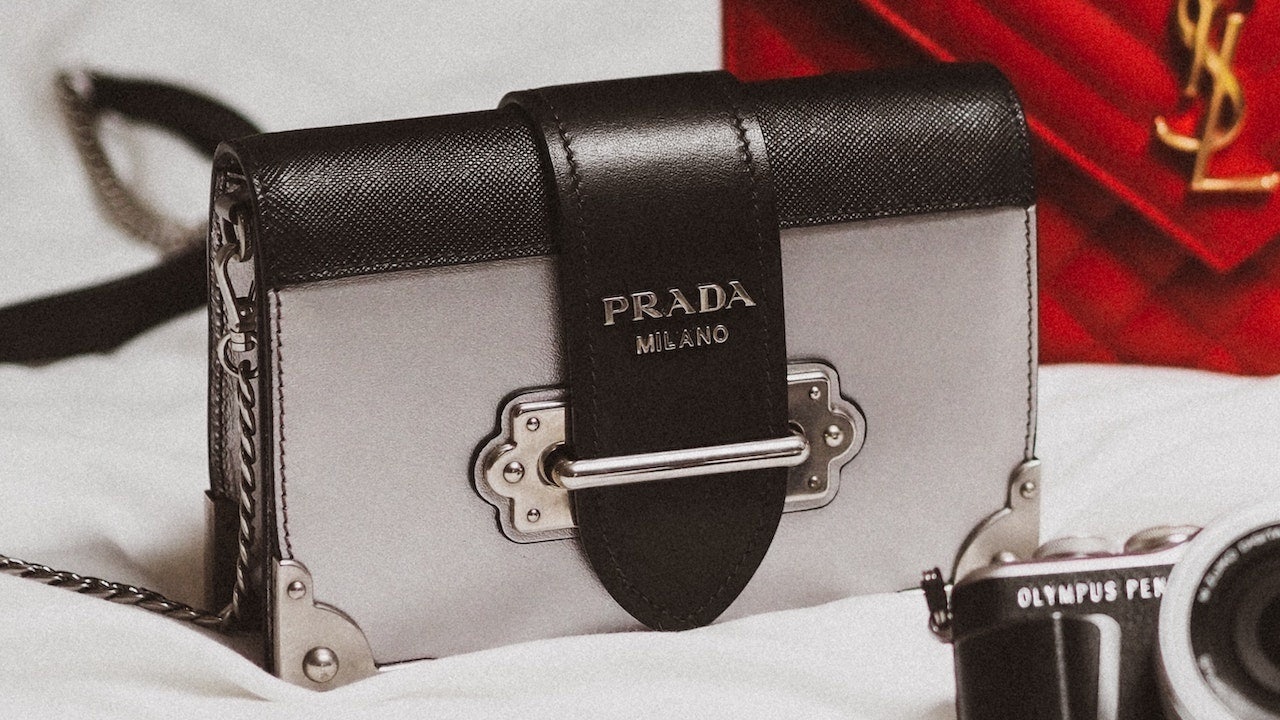The following is an excerpt from Jing Daily's latest market report,#
Leveraging China's Online Luxury Resale Boom#
. Packed with case studies, revenue-generating best practices, spotlight interviews, and in-depth profiles of domestic Chinese resale platforms, the 68-page report is crucial for anyone looking to understand the huge potential of secondhand luxury demand in China. Get your copy today on our Reports page.#
The rise of social media, short video, and dedicated interest-based platforms has given a millennial and Gen Z-palatable sheen to secondhand luxury, enabling connections and the formation of communities among enthusiasts. The fashion-focused social platform Xiaohongshu (also known as Little Red Book or RED) is a top destination for young consumers to show off their personal style and for independent stores to promote themselves to a young and eager-to-spend user base. Launched in 2013, Xiaohongshu has 100 million mostly female monthly active users, with more than 70 percent born after 1990.
And while Xiaohongshu initially developed as an Instagram-like app for users to flaunt their lifestyles, more recent social trends and official disapproval of ostentatious displays of wealth have spurred creation of more content around vintage shopping and micro-trends like MIY (make-it-yourself).
In April 2021, Xiaohongshu released new community guidelines to ban excessive promotion of luxury among users and to require disclosure of advertisements and sponsored content. In August 2021, Xiaohongshu announced it would remove links on content that go to e-commerce sites, including Tmall, Taobao, WeChat mini programs, and even its own online shop. The only exception will be for links that appear during livestreams.
Xiaohongshu did not elaborate on the decision apart from stating that it aims to “improve the user experience.” Xiaohongshu already requires that any sponsored content be registered with the platform and clearly labeled as such, which has prompted some influencers to adopt more subtle promotional strategies to get around the rules. Thus removing all shopping links from Xiaohongshu posts creates another barrier and will, in theory, lead to more authentic and objective influencer content.

Livestreaming offers sellers a way to show secondhand luxury goods in detail and respond to consumer inquiries in real-time. Image: Weibo
Although the new policy risks alienating users who are accustomed to being able to shop as they scroll, the move reflects Xiaohongshu’s greater ambition of bolstering its own e-commerce ecosystem (much as Douyin has done), and accompanies another set of new measures aimed at getting brands and merchants to open shops on the platform. Xiaohongshu stands to win big by drawing its 300 million users to watch e-commerce livestreams, where external shopping links are still allowed and the platform’s own shops are prioritized.
What is shaping up in China is an environment in which resellers and content creators alike need to be increasingly creative, as platforms change their e-commerce policies while government pressure ratches up on tech companies. These trends are unlikely to cause interest in luxury or fashion influencers to dry up entirely. Rather, it means users have to take different approaches, perhaps mixing and matching looks that combine new designer pieces with vintage finds and promoting sustainability in the process.
This also creates an opportunity for secondhand fashion and luxury-centric influencers as well as resale platforms. Even television programs known for promoting a high-end lifestyle such as the summer 2020 hit Nothing But Thirty, incorporated a reference to the secondhand luxury boom with the Shanghai-based boutique Vintage Musevie making a cameo.

